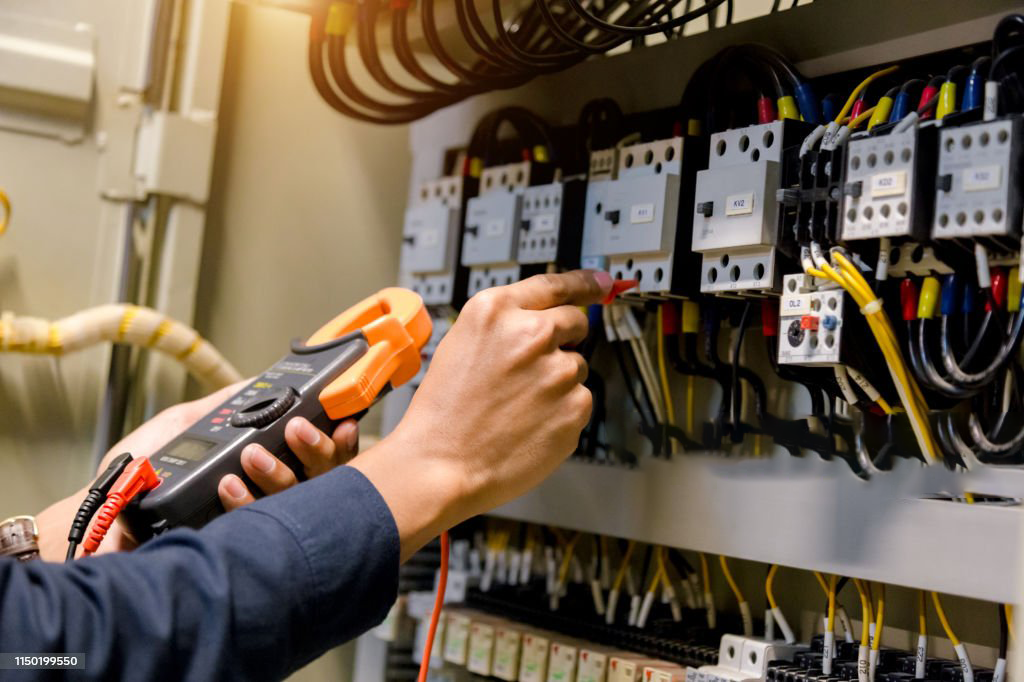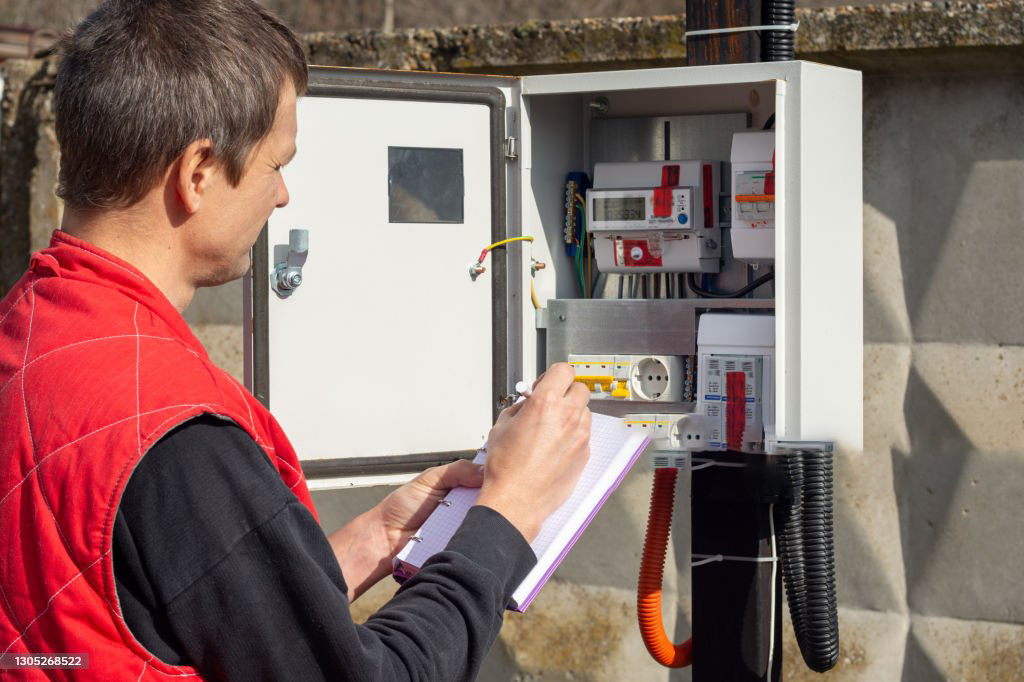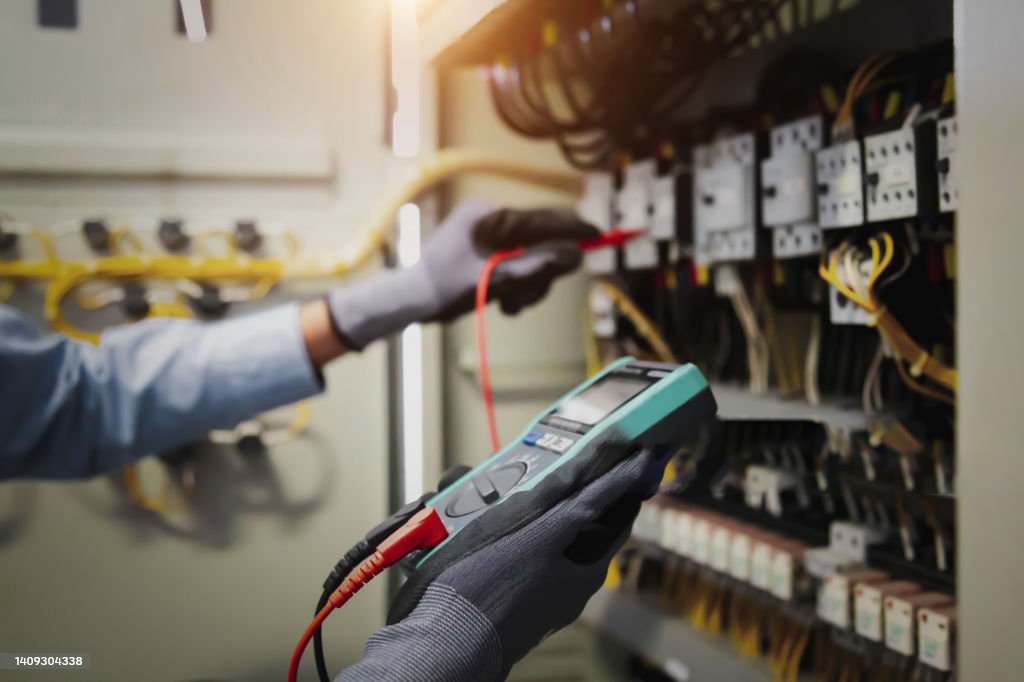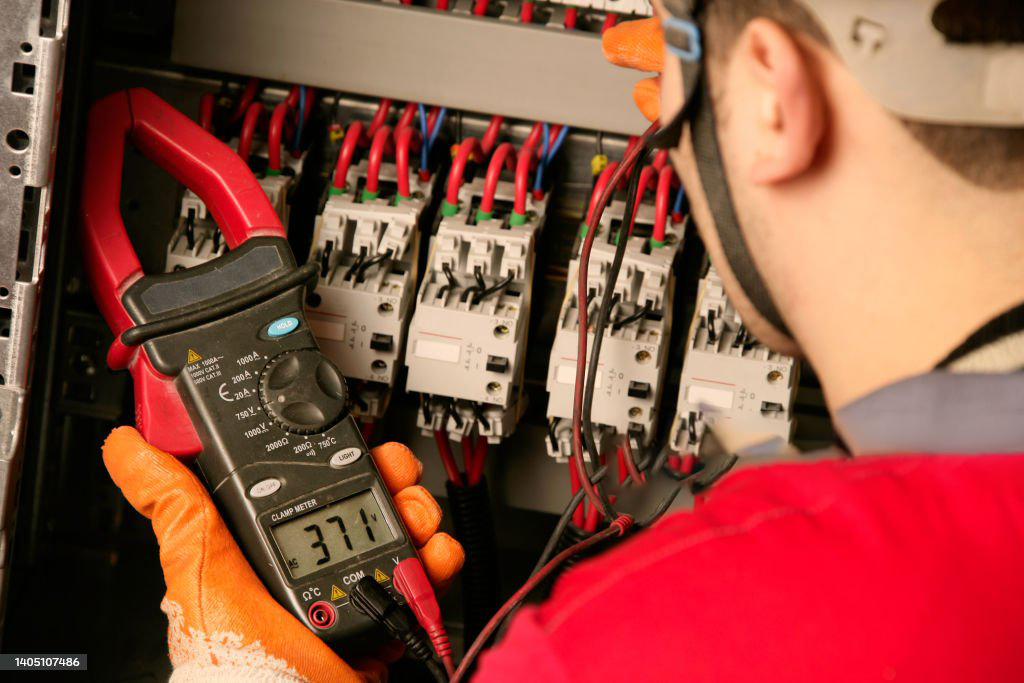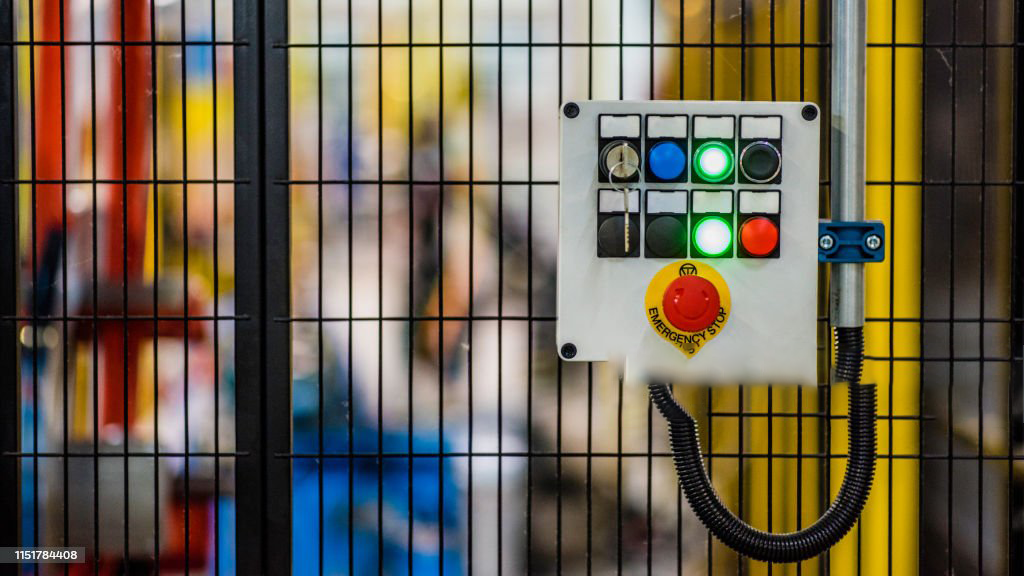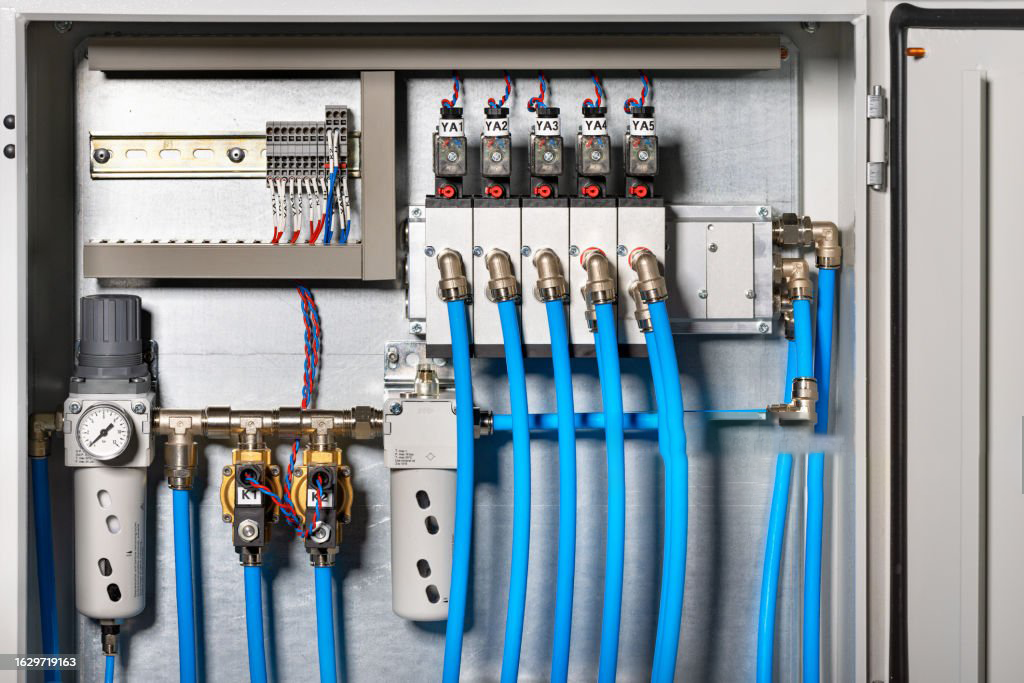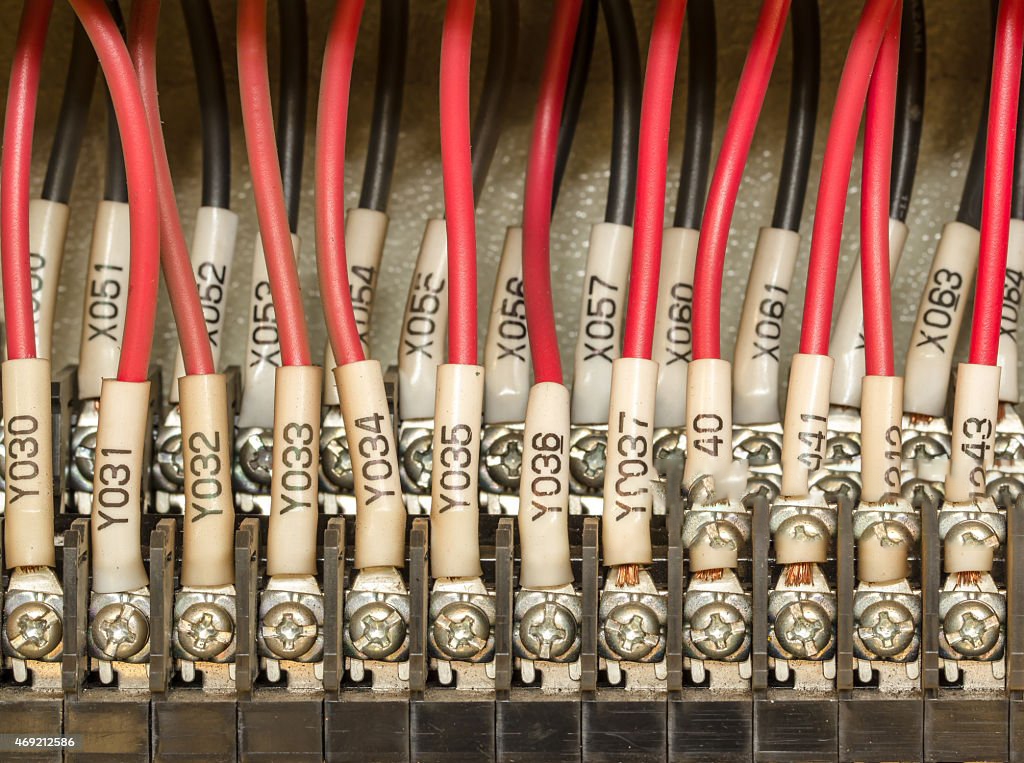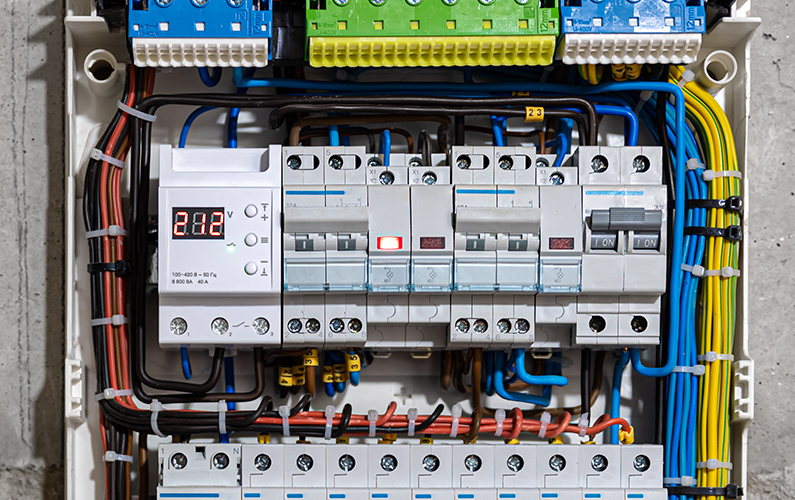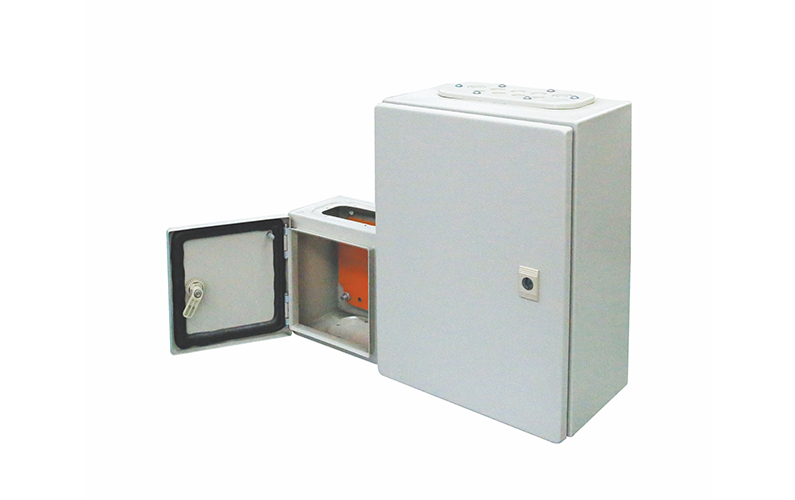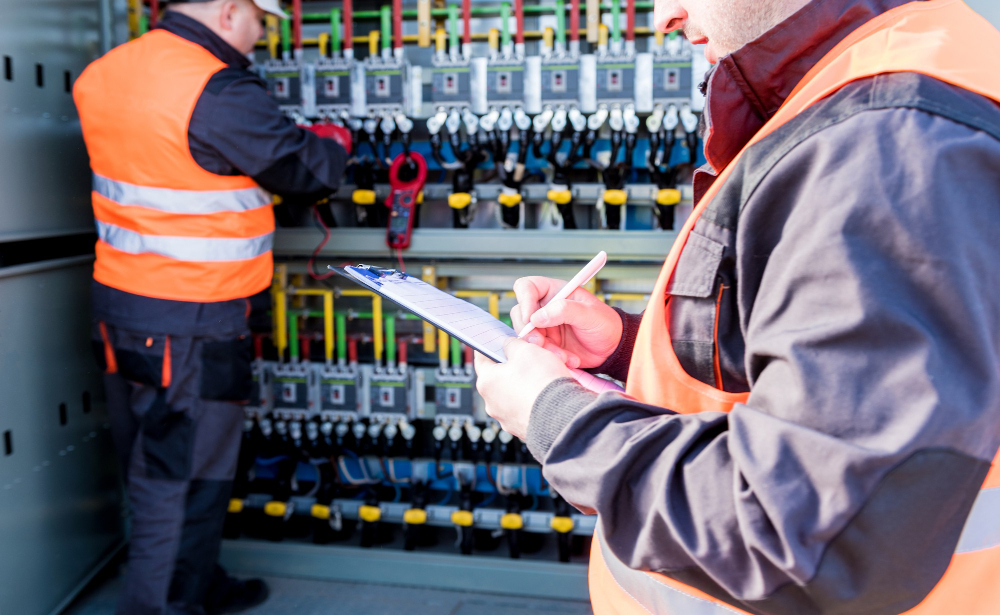The Complete Guide to Panel Meters
02nd Sep 2023
Panel meters are essential instruments used to measure and display various electrical and non-electrical parameters in a wide range of applications. They provide real-time monitoring of critical parameters, enabling operators and engineers to make informed decisions and maintain control over processes. The Complete Guide to Panel Meters offers comprehensive insights into the different types of panel meters, their functions, and applications, showcasing their significance in diverse industries and settings. What are the Types of Panel Meters Analog Panel Meters: Analog panel meters have a traditional needle and scale design. They are commonly used to display electrical parameters such as voltage, current, and power. The position of the needle on the scale provides a visual representation of the measured value. Digital Panel Meters: Digital panel meters have a digital display that shows numerical readings of the measured parameter. They offer higher precision and accuracy compared to analog meters and can measure a wide range of electrical and non-electrical parameters. Multifunction Panel Meters: Multifunction panel meters are versatile instruments that can measure multiple parameters, such as voltage, current, frequency, power factor, and temperature, on a single display. They offer the advantage of space-saving and simplifying panel layouts. Power Meters: Power meters are specialized panel meters designed to measure electrical power parameters, including active power (kW), reactive power (kVAR), apparent power (kVA), and power factor. Energy Meters: Energy meters are used to measure electrical energy consumption over time. They are commonly used in utility applications for billing and monitoring energy usage. Temperature Meters: Temperature meters measure and display […]
Read More
 : +86-139 0587 7291
: +86-139 0587 7291 English
English Español
Español Русский
Русский Français
Français العربية
العربية Português do Brasil
Português do Brasil Українська
Українська Türkçe
Türkçe Polski
Polski Nederlands
Nederlands Italiano
Italiano Bahasa Indonesia
Bahasa Indonesia हिन्दी
हिन्दी اردو
اردو አማርኛ
አማርኛ Հայերեն
Հայերեն ไทย
ไทย Монгол
Монгол فارسی
فارسی Shqip
Shqip Ελληνικά
Ελληνικά
